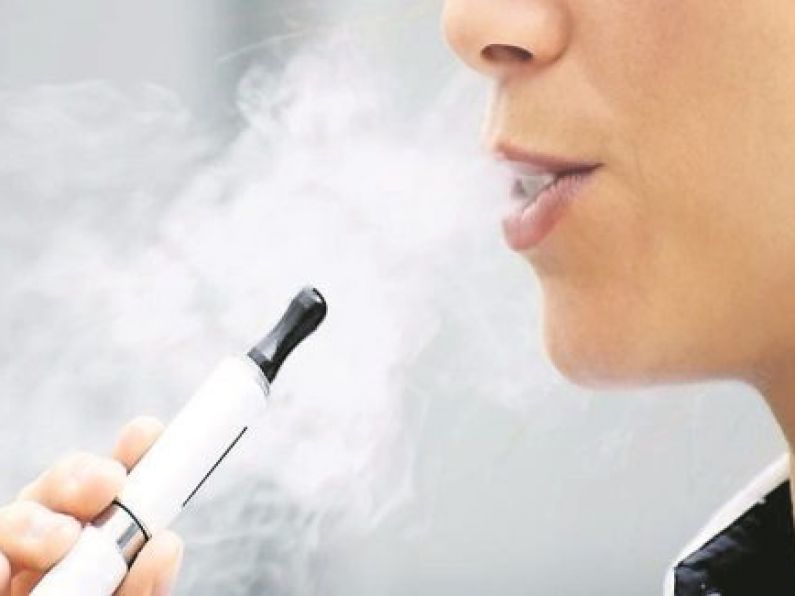By John Daly
The vaping industry welcomed a report from the UK’s House of Commons Science and Technology Committee last week that vaping products should not be treated in the same way as conventional cigarettes, and that e-cigarettes are not a significant “gateway” for young non-smokers.
Following five oral evidence sessions between January and May, the committee concluded that the NHS should set a policy allowing vaping product use by patients, and the approval systems for stop smoking therapies.
Vape Business Ireland (VBI) director Michael Kenneally said the report, along with many others published by organisations like Cancer Research UK, Public Health England, the Royal College of Physicians and Ash UK, clearly emphasises the lack of action by Ireland’s HSE and Department of Health, and has called for the provision of information on vaping products to Irish smokers who want to take steps to quit smoking.
The VBI is an alliance of businesses spanning the vaping product and e-liquid supply chain from manufacture to sale, and is Ireland’s largest vaping trade association, committed to an open debate about vaping products in the country.
Vaping was found to be 95% less harmful than smoking in a 2015 report by Public Health England, while the Healthy Ireland Survey 2017 found that 37% of those who successfully stopped smoking used vaping to do so.
The vaping market is a fast-evolving sector, and VBI members estimate it employs over 300 people directly in Ireland, with many more indirectly.
Imposing excise on vaping products could undermine Irish SMEs and benefit online sellers outside the jurisdiction, who make up an estimated 70% of the Irish market.
The VBI is calling on the Government not to introduce excise tax on vaping products in Budget 2019 as they are not cigarettes and do not contain tobacco.
The Department of Health has committed to achieving a tobacco-free Ireland with a very ambitious target of 5% adult smokers by 2025.
Applying excise to vaping will undermine the 150,000 adult vapers in Ireland, of which 99% are ex-smokers, according to last year’s Healthy Ireland Survey.
“To impose excise on the product is to undermine their potential to assist the State in achieving its 2025 objectives,” said Mr Kenneally. “These products should be embraced and encouraged, not taxed or placed in the same bracket as smoking.”
The growing global health awareness and technological developments aiding safer smoking continues to drive the global vapour products market and is expected to cross €43bn by 2023.
As the market continues to expand, several key vendors are introducing next generation products such as Heat-not-Burn (HnB) devices, e-vapour, smoke vapes, smokeless tobacco products, cig-a-likes and reduced risk products due to the increasing popularity of e-cigarettes.
Continuous innovations in e-vapour and HnB devices is prompting large tobacco companies such as Altria Group, Imperial Tobacco and British American Tobacco to shift their focus toward the development of these products.
The increasing demand and the potential growth of the vapour products market can be estimated through the case of Philip Morris.
The company launched its first HnB device, IQOS, in Japan for pilot testing in 2016, where it became an
immediate sensation in the market.
As of November 2017, the penetration of IQOS in the Japanese tobacco market reached 11.9%, as well as making its way into 31 countries worldwide. According to Philip Morris, over 3.7m consumers have already switched to IQOS globally.
Last April, CNBC’s Mad Money host Jim Cramer commented as Wall St sentiment turned negative toward the long-standing tobacco sector: “We saw the market’s sudden recognition that the cigarette industry seems to be in serious trouble, disrupted by the rise of vaping.
“Over the course of three short days, the tobacco stocks were bent, they were spindled and they were mutilated by the realisation that electronic cigarettes have become a serious threat to the old-school cigarette makers.”






